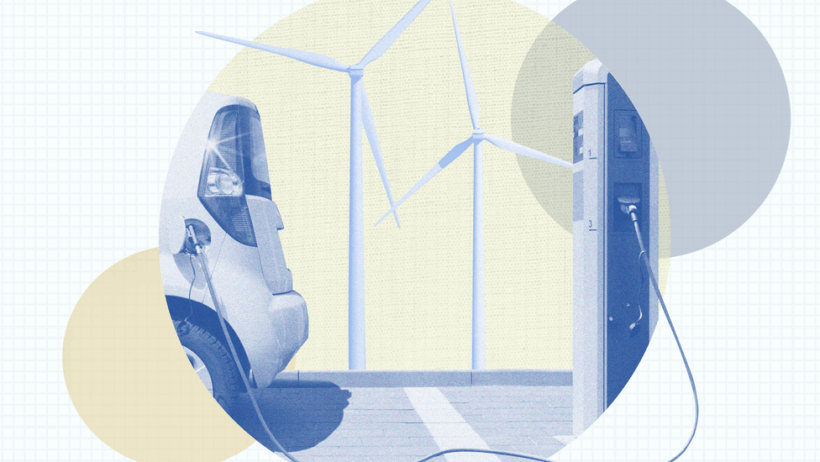The urgency of global warming has reached an alarming crescendo, demanding that each of us assumes a pivotal role in climate action. As the planet grapples with rising temperatures, extreme weather events, and diminishing biodiversity, citizens across the globe have the capacity to incite transformative change. Let us delve into the pragmatic strategies and collective efforts that can galvanize individuals into action, aiding in the crucial endeavor to slow down global warming.
Understanding Your Carbon Footprint
The first step in combating climate change is awareness—gaining an understanding of your carbon footprint. This footprint represents the total greenhouse gases emitted through your daily activities. By evaluating your consumption patterns—such as energy use in your home, transportation methods, and dietary choices—you can identify areas ripe for reduction. For instance, consider transitioning to energy-efficient appliances, utilizing public transportation, or embracing carpooling to mitigate individual emissions.
Adopting a Sustainable Lifestyle
Embracing sustainability in daily life involves making conscientious choices that prioritize the planet’s health. Simple yet effective changes are within reach. Opting for local, seasonal produce reduces the carbon emitted during food transportation. Moreover, minimizing meat and dairy consumption can significantly lower greenhouse gas emissions associated with animal agriculture. Exploring plant-based alternatives not only benefits personal health but also contributes to a more sustainable food system.
Moreover, reducing, reusing, and recycling—often called the “3 R’s”—should become second nature. By consciously choosing to purchase products with minimal packaging or—even better—repurposing items, citizens can significantly decrease waste. Participate in community clean-up initiatives to foster a sense of fellowship while promoting environmental stewardship.
Energy Conservation and Renewable Sources
Both energy conservation and the shift to renewable sources are paramount in the fight against climate change. At the individual level, conserving energy—whether through efficient heating and cooling practices or by switching off electronics when not in use—can produce measurable effects. Additionally, consider investing in renewable energy sources for your home, such as solar panels. The transition to clean energy is crucial for curtailing the reliance on fossil fuels, which are paramount contributors to global warming.
On a broader scale, advocating for governmental policies that support renewable energy infrastructure can amplify these individual efforts. Joining community organizations that champion green energy initiatives can provide a platform for enhancing local environmental policies, thereby rippling out into larger systemic changes.
Engaging in Climate Advocacy
Citizens have a powerful voice in shaping climate policy. Engaging in climate advocacy—whether through contacting local representatives, participating in town hall meetings, or joining demonstrations—amplifies public concern regarding climate issues. Understanding the legislative landscape allows individuals to better advocate for policies that promote sustainability, such as carbon pricing, renewable energy incentives, and stricter emissions regulations.
Education is a potent tool. By educating oneself and others about climate science, the repercussions of inaction, and viable solutions, citizens can cultivate a well-informed public. Utilize social media platforms, community workshops, or local schools to disseminate knowledge, thus empowering others to join the climate action movement.
Supporting Eco-Friendly Businesses
The choices consumers make drive market trends. Supporting businesses that prioritize sustainability sends a strong message about the demand for ethical practices. Seek out companies that adhere to environmentally conscious operations—those that utilize green materials, prioritize fair labor practices, and engage in carbon offset programs. By directing your purchasing power towards these businesses, you encourage the growth of sustainable markets.
Engaging in local farmers’ markets, which support community agriculture, also bolsters the economy while promoting sustainable practices. The direct farm-to-table strategy diminishes transportation emissions and fosters transparency in food production.
Promoting Urban Green Spaces
Cities contribute significantly to carbon emissions, making the promotion of urban green spaces imperative. Citizens can advocate for the creation and maintenance of parks, community gardens, and green roofs, which contribute to carbon sequestration and mitigate heat islands. Additionally, green infrastructure can enhance the resilience of urban communities against climate impacts like flooding or heatwaves.
Participating in local initiatives aimed at reforestation or tree planting can also engender a visible impact. Trees not only absorb CO2 but also provide essential habitats for wildlife and enhance community aesthetics.
Educating Future Generations
Investment in future generations through education is crucial for a sustainable future. By fostering an understanding of environmental stewardship in children and young adults, citizens can cultivate a new cadre of climate-conscious individuals. Environmental education initiatives in schools, youth involvement in climate action groups, and hands-on experiences in nature can inspire a lifelong commitment to sustainability.
The Power of Collective Action
While individual efforts are integral, collective action magnifies impact. Grassroots movements, local coalitions, and international organizations are pivotal in mobilizing resources, influencing policy, and creating a united front against climate change. Finding your niche within these groups can amplify your voice, whether it’s through volunteering, fundraising, or simply spreading awareness.
Conclusion
Every action counts, and as citizens, it is imperative to recognize the power of individual and collective endeavors in combating global warming. By adopting sustainable habits, promoting green policies, and educating others, we can collectively forge a path toward a more sustainable future. The time for action is now, and each of us has a role to play in protecting our planet for generations to come. The collective efforts, when harnessed, can result in a formidable force against the encroachment of climate change. Let us stand together in this fight—a fight we cannot afford to lose.






